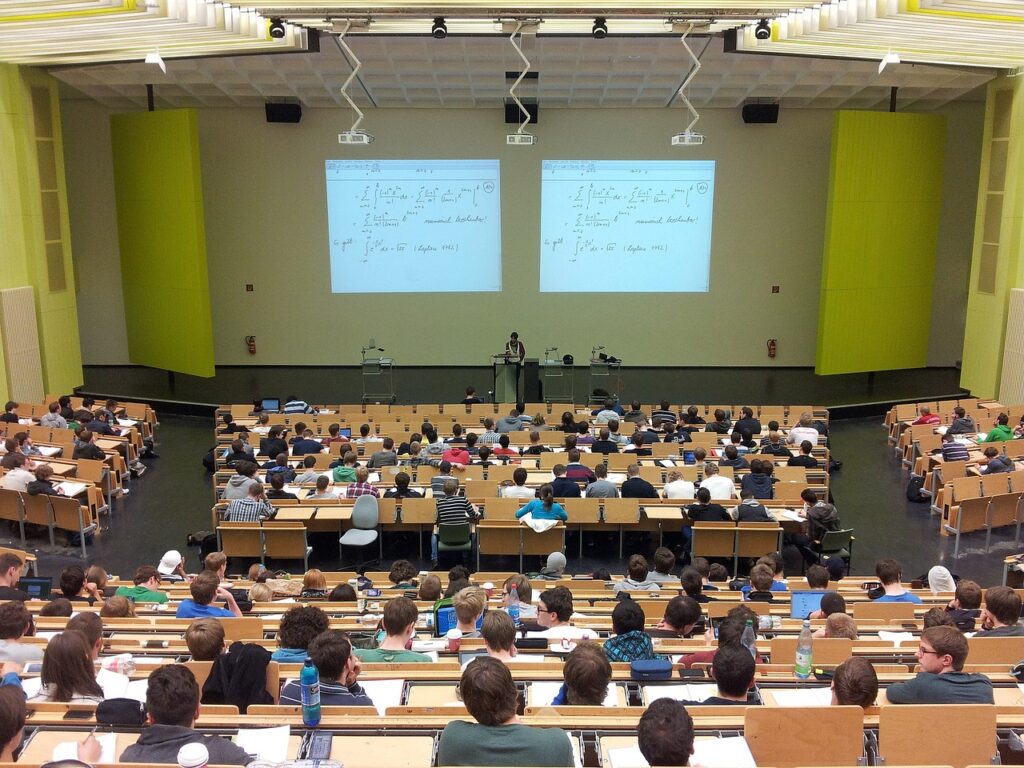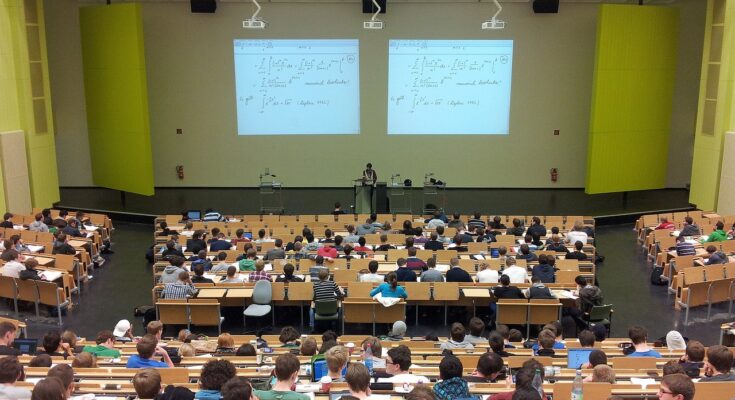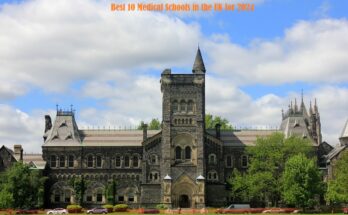When it comes to accessible and affordable higher education opportunities, Washington state boasts a comprehensive network of community and technical colleges that cater to a diverse range of educational needs and career aspirations. These institutions play a vital role in workforce development, skill training, and providing pathways for students to pursue further education or enter the job market directly.
In this article, we’ll explore the vast array of community and technical colleges in Washington state, their significance, and the invaluable contributions they make to the state’s educational landscape.
An Overview of Washington’s Community and Technical College System
Washington state is home to a total of 34 community and technical colleges, each serving its respective region with a unique set of programs and offerings. These institutions are part of the Washington State Board for Community and Technical Colleges (SBCTC), a coordinating agency that oversees and supports the state’s two-year college system.
The SBCTC plays a crucial role in ensuring the quality and consistency of educational programs across the state, while also providing leadership, advocacy, and strategic guidance to the individual colleges. This centralized oversight ensures that students can expect a high standard of education and seamless transfer pathways between institutions.
Community Colleges: Gateways to Higher Education and Career Advancement
Among the 34 institutions, 27 are classified as community colleges. These colleges offer a wide range of associate degree programs, certificate programs, and transfer pathways that allow students to seamlessly transition to four-year universities or enter the workforce directly.
Community colleges in Washington state serve as vital gateways to higher education, providing accessible and affordable options for students from diverse backgrounds and socioeconomic circumstances. They offer a broad array of academic programs, including liberal arts, sciences, business, nursing, and more, catering to the educational aspirations of students pursuing various career paths.
Moreover, community colleges play a crucial role in workforce development, offering vocational and career-oriented programs that equip students with the necessary skills and knowledge to thrive in their chosen professions. Many community colleges collaborate closely with local businesses and industries to ensure their curricula align with current workforce demands, giving graduates a competitive edge in the job market.
Technical Colleges: Hubs of Skill-Based Education and Training
Within Washington’s network of two-year institutions, seven are designated as technical colleges. These specialized institutions primarily focus on providing career-oriented education and training in various technical and vocational fields.
Technical colleges in Washington state offer associate degree programs, certificates, and apprenticeships in areas such as advanced manufacturing, aerospace, automotive technology, construction trades, healthcare, information technology, and more. These programs are designed to provide students with hands-on, practical training and industry-relevant skills that are highly valued by employers.
Technical colleges are often equipped with state-of-the-art facilities and equipment that simulate real-world work environments, allowing students to gain valuable hands-on experience and practical knowledge directly applicable to their chosen fields. Many technical colleges maintain strong partnerships with local industries, ensuring their curricula remain current and aligned with emerging trends and technologies.
The Value of Community and Technical Colleges in Washington State
The significance of community and technical colleges in Washington state cannot be overstated. These institutions play a multifaceted role in ensuring accessible and affordable education, fostering workforce development, and providing pathways for personal and professional growth.
- Accessibility and Affordability: Community and technical colleges in Washington offer a cost-effective alternative to traditional four-year universities, making higher education accessible to a broader segment of the population. With lower tuition rates and flexible scheduling options, these institutions cater to students from diverse backgrounds, including working adults, first-generation college students, and those seeking career changes or skill upgrades.
- Workforce Development: The state’s community and technical colleges are instrumental in addressing workforce needs and fostering economic growth. By offering career-oriented programs and collaborating closely with local industries, these institutions ensure that graduates possess the necessary skills and knowledge to meet the demands of the job market. This alignment between education and workforce needs contributes to the state’s economic competitiveness and attracts businesses seeking a skilled labor pool.
- Pathways to Further Education: Community colleges in Washington serve as vital transfer pathways for students seeking to continue their education at four-year universities. Through articulation agreements and transfer programs, students can seamlessly transition from a community college to a four-year institution, often with significant cost savings and academic preparation.
- Personal and Professional Growth: Beyond academic programs, community and technical colleges in Washington offer a wide range of personal enrichment courses, continuing education opportunities, and workforce training programs. These offerings cater to individuals seeking to enhance their skills, explore new interests, or pursue professional development, fostering lifelong learning and personal growth within the community.
- Community Engagement and Partnerships: Washington’s community and technical colleges actively engage with their local communities and form partnerships with businesses, organizations, and stakeholders. These collaborations facilitate customized training programs, workforce development initiatives, and community outreach efforts, strengthening the ties between educational institutions and the communities they serve.

The Future of Community and Technical Colleges in Washington State
As the state’s workforce needs evolve and technological advancements continue to shape various industries, the role of community and technical colleges in Washington will become increasingly crucial. These institutions will need to adapt and innovate to meet the changing demands of the job market and equip students with the skills necessary to thrive in an ever-changing economic landscape.
Continuous collaboration between community and technical colleges, industry partners, and policymakers will be essential to ensure that educational programs remain relevant and aligned with emerging trends. Additionally, investment in modern facilities, cutting-edge equipment, and innovative teaching methodologies will be crucial to providing students with a high-quality, hands-on learning experience.
Furthermore, the COVID-19 pandemic has highlighted the importance of flexibility and adaptability in education. Community and technical colleges in Washington will need to explore and embrace new modes of delivery, such as online and hybrid learning models, to ensure continued access to education and accommodate the diverse needs of learners.


